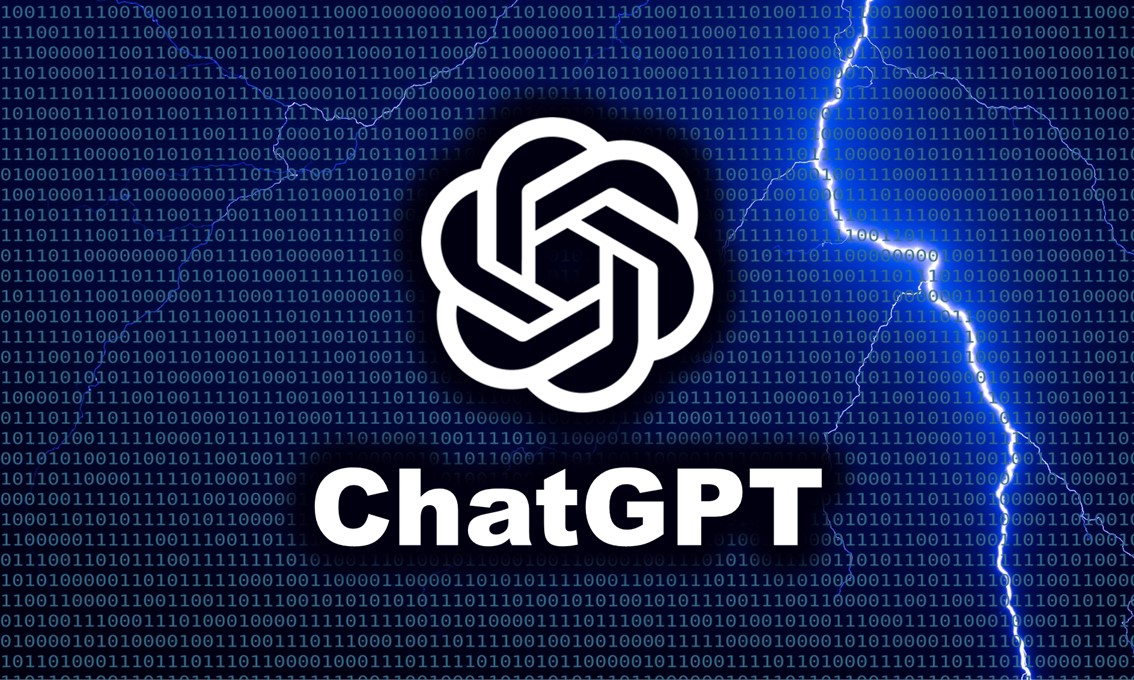
OpenAI ha annunciato nuove misure di sicurezza per ChatGPT in seguito a una serie di tragiche storie e cause legali che accusavano il chatbot di coinvolgimento in suicidi di adolescenti. Il sistema tenterà ora di determinare l’età della persona con cui sta chattando e, se necessario, richiederà un documento d’identità per confermare che l’utente abbia più di 18 anni. L’azienda ha riconosciuto che ciò limita la privacy degli adulti, ma ha ritenuto il compromesso giustificato per motivi di sicurezza .
Il CEO di OpenAI, Sam Altman, ha dichiarato di non aspettarsi un’approvazione unanime per queste misure, ma di considerarle necessarie nel contesto del crescente conflitto sulla regolamentazione dell’intelligenza artificiale. Questa decisione è stata influenzata da una serie di incidenti di alto profilo.
Ad agosto, i genitori di un adolescente di nome Adam Reid hanno intentato una causa, sostenendo che ChatGPT lo aveva aiutato a scrivere una lettera di suicidio, consigliandogli metodi alternativi e scoraggiandolo dal condividere i suoi sentimenti con gli adulti. Nello stesso mese, il Wall Street Journal ha riportato la notizia di un uomo di 56 anni che si è suicidato dopo aver comunicato con un bot che ha alimentato la sua paranoia. E il Washington Post ha riportato una nuova causa in cui i genitori hanno attribuito al servizio Character AI la morte di una ragazza di 13 anni.
OpenAI ha precedentemente implementato il controllo parentale in ChatGPT, ma ora ha inasprito le regole. Per i minorenni, il chatbot funzionerà secondo principi diversi: rifiuterà i flirt ed escluderà discussioni su suicidio e autolesionismo, anche in contesti artistici. Se il sistema rileva pensieri pericolosi in un adolescente, tenterà di contattare i suoi genitori e, se ciò fosse impossibile e pericoloso per la vita, contatterà i servizi di emergenza.
OpenAI ha riconosciuto di trovarsi di fronte a un problema fondamentale con i modelli linguistici di grandi dimensioni. Nelle sue fasi iniziali, ChatGPT era severo, rifiutando molti argomenti, ma la crescente concorrenza di soluzioni “non censurate” e locali, nonché la pressione dei critici della censura, hanno costretto l’azienda ad allentare i suoi filtri.
Ora, l’azienda ha cambiato rotta: vuole offrire agli utenti adulti la massima libertà senza causare danni o limitare i diritti altrui. Anche altre piattaforme stanno adottando iniziative simili: quest’estate YouTube ha annunciato l’intenzione di utilizzare algoritmi di apprendimento automatico per stimare l’età degli spettatori e proteggere gli adolescenti da determinate categorie di contenuti.
Ti è piaciuto questo articolo? Ne stiamo discutendo nella nostra Community su LinkedIn, Facebook e Instagram. Seguici anche su Google News, per ricevere aggiornamenti quotidiani sulla sicurezza informatica o Scrivici se desideri segnalarci notizie, approfondimenti o contributi da pubblicare.

 Innovazione
InnovazioneL’evoluzione dell’Intelligenza Artificiale ha superato una nuova, inquietante frontiera. Se fino a ieri parlavamo di algoritmi confinati dietro uno schermo, oggi ci troviamo di fronte al concetto di “Meatspace Layer”: un’infrastruttura dove le macchine non…
 Cybercrime
CybercrimeNegli ultimi anni, la sicurezza delle reti ha affrontato minacce sempre più sofisticate, capaci di aggirare le difese tradizionali e di penetrare negli strati più profondi delle infrastrutture. Un’analisi recente ha portato alla luce uno…
 Vulnerabilità
VulnerabilitàNegli ultimi tempi, la piattaforma di automazione n8n sta affrontando una serie crescente di bug di sicurezza. n8n è una piattaforma di automazione che trasforma task complessi in operazioni semplici e veloci. Con pochi click…
 Innovazione
InnovazioneArticolo scritto con la collaborazione di Giovanni Pollola. Per anni, “IA a bordo dei satelliti” serviva soprattutto a “ripulire” i dati: meno rumore nelle immagini e nei dati acquisiti attraverso i vari payload multisensoriali, meno…
 Cyber Italia
Cyber ItaliaNegli ultimi giorni è stato segnalato un preoccupante aumento di truffe diffuse tramite WhatsApp dal CERT-AGID. I messaggi arrivano apparentemente da contatti conosciuti e richiedono urgentemente denaro, spesso per emergenze come spese mediche improvvise. La…